I am modifying my project to use DBContext instead of ObjectContext. My existing code
var query = context.Vehicles.OrderBy("it.VehicleType.VehicleTypeID").
GroupBy("it.VehicleType.VehicleTypeID", "Min(it.ODO_Reading) AS MinRunVehicle, it.VehicleType.VehicleTypeID");
The above code is written using ObjectContext. After changing my project to inherit from DBContext I am getting the below error
Error 89 The type arguments for method 'System.Linq.Queryable.OrderBy<TSource,TKey>(System.Linq.IQueryable<TSource>, System.Linq.Expressions.Expression<System.Func<TSource,TKey>>)' cannot be inferred from the usage. Try specifying the type arguments explicitly.
I want to know how to specify dynamic Linq query in DBContext. Can somebody help.
